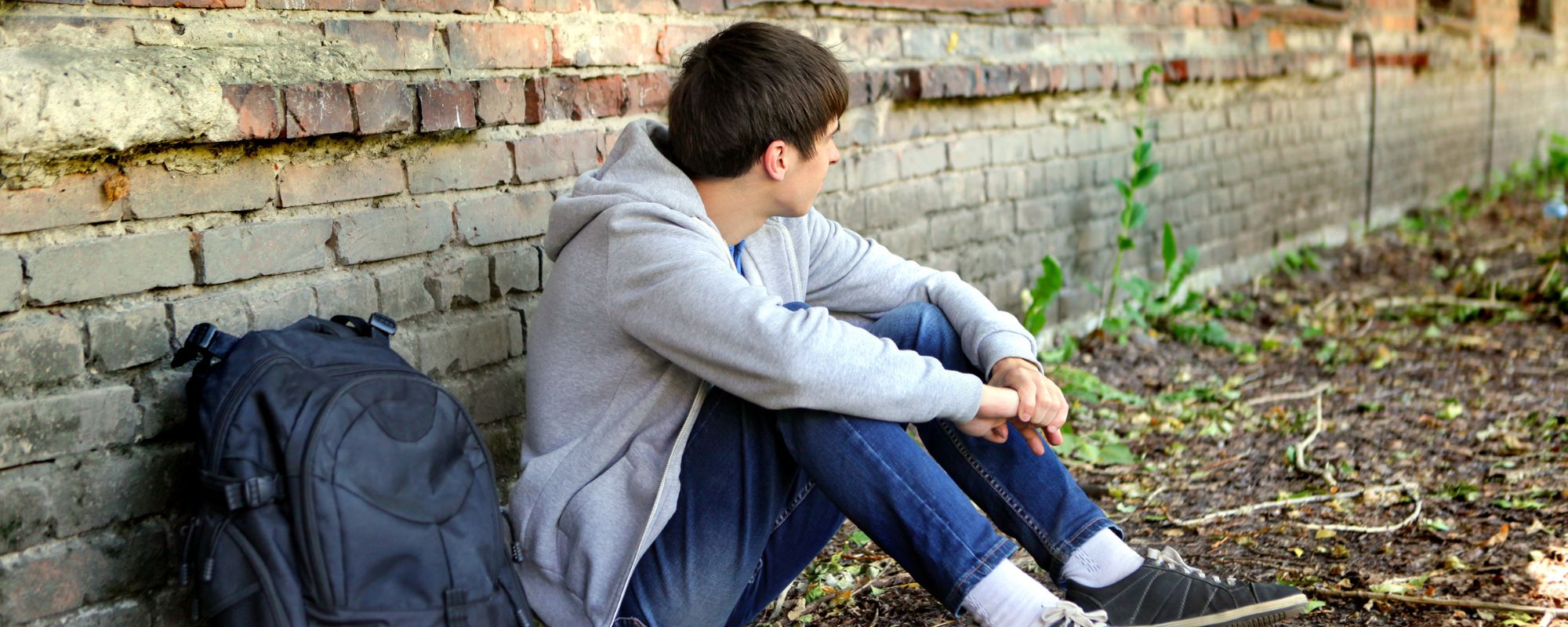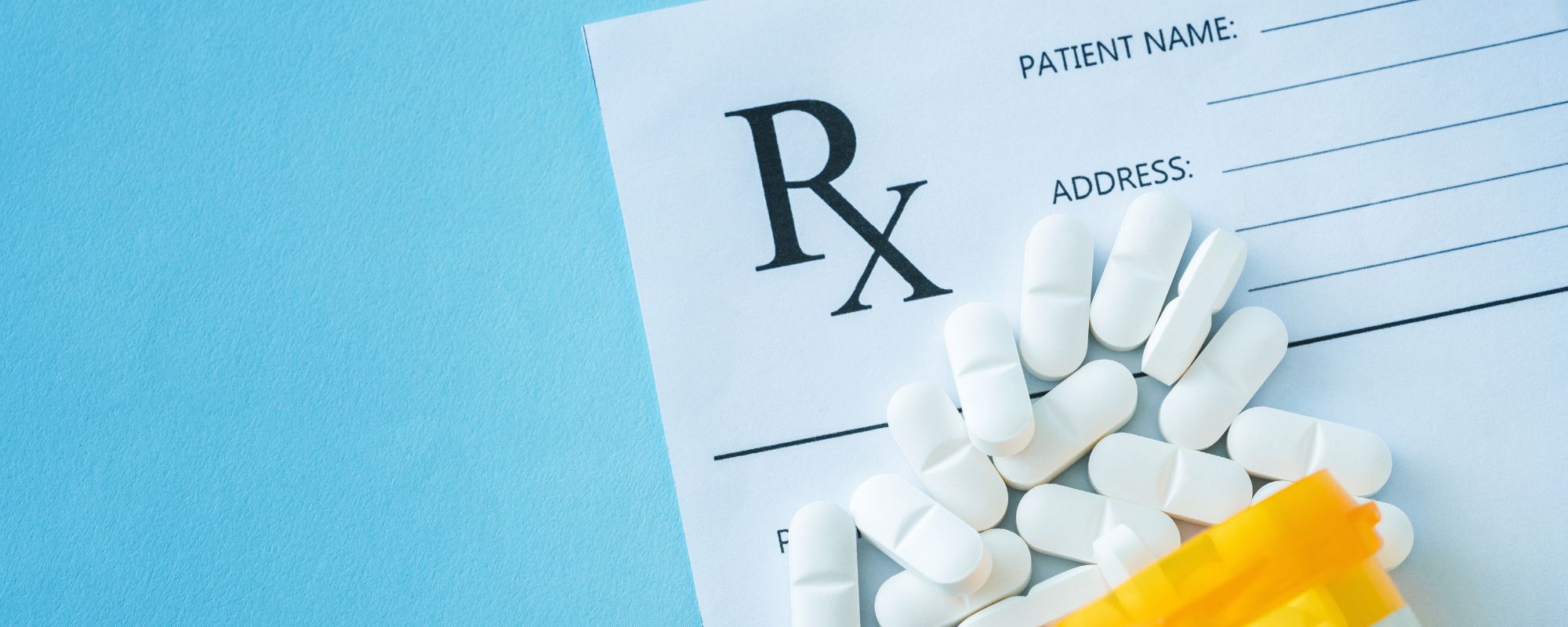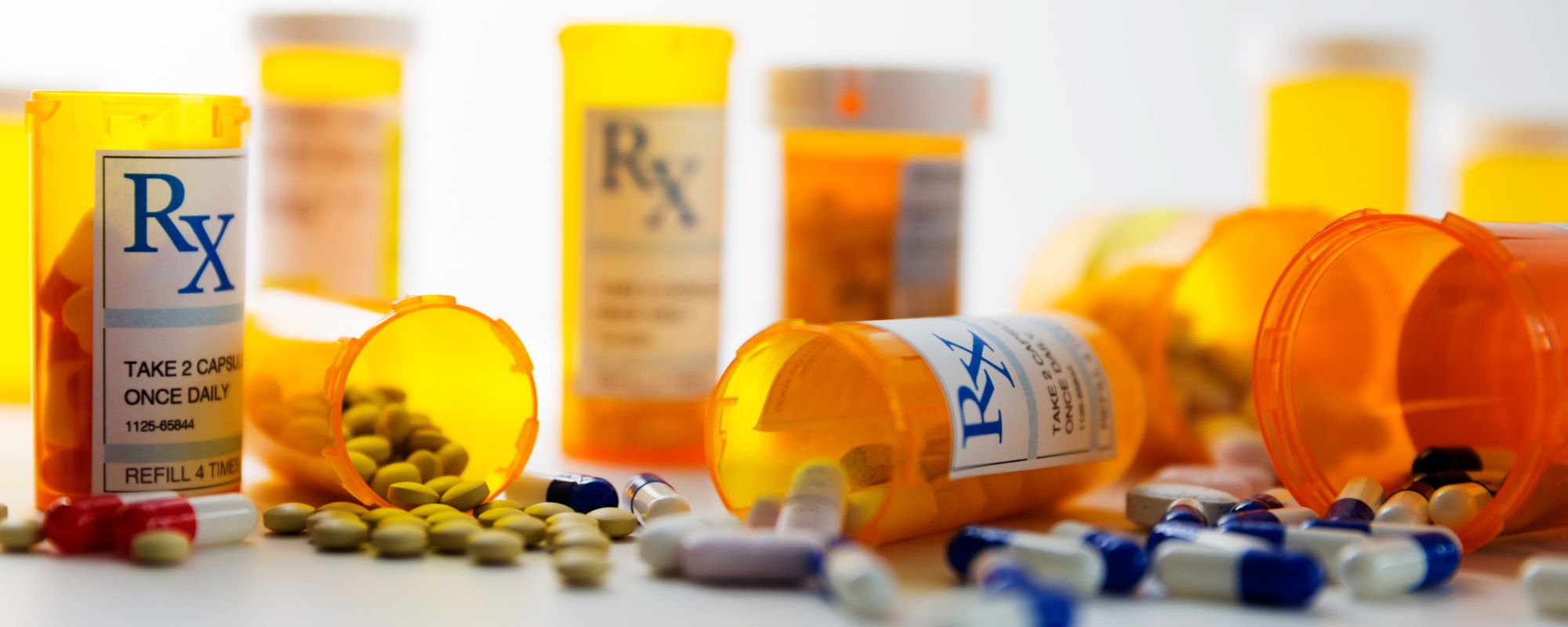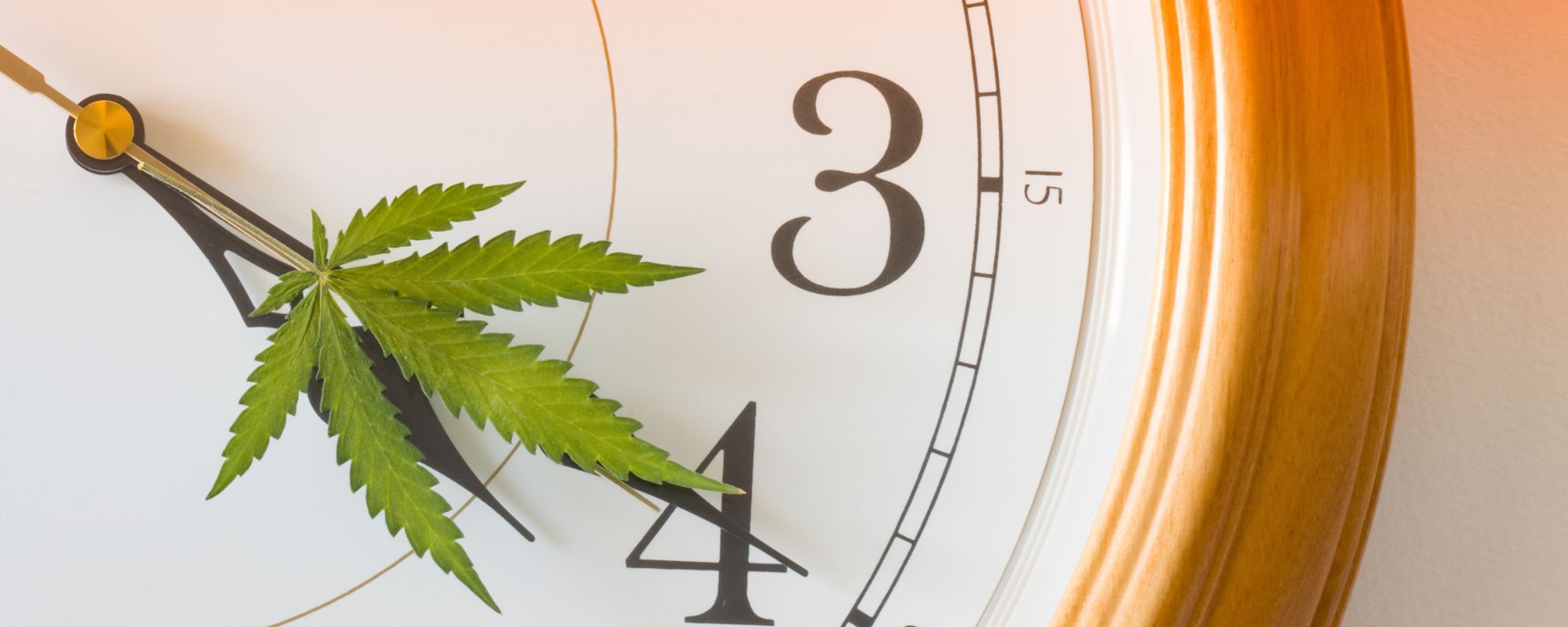Everyone in addiction recovery knows the term relapse. Relapse is the process of returning to a former addictive substance or practice following a period of abstinence. A less ubiquitous concept of addiction recovery is a lapse. During a lapse, you briefly interrupt your sobriety with the short-lived revival of addiction.
Distinction between Relapse and Lapse
Relapse and lapse differ in the duration of drug use. Regardless of the length of the addiction regression, backsliding into drugs strikes fear in recovering minds, both new and old.
A relapse involves an extended period of time when you return to the addictive substance that you quit using. Following a relapse, your addiction returns to the original destructive state prior to your recovery.
On the other hand, a lapse is considered a momentary slip— when you return to your drug of choice and cease use soon after. The instant removal of addictive substances after re-use lessens the chance of rekindling your addiction. However, most recovering addicts view any error in judgment as a major setback. They often feel defeated, even if they immediately regain sobriety.
Dangers of Returning to Addictive Substances
Regardless of whether you lapse or relapse back into addiction, you’re playing with fire. For all that recovery does for an addict, certain sober restrictive mental guidelines impede a successful recovery. We all know that lapses and relapses happen— the only thing that matters is that you continue striving for sobriety. In spite of this, a lot of people are trapped by the idea of falling off the wagon once. Commonly, recovering people believe that they’ve destroyed all of the efforts they made prior to the setback.
The all-or-nothing mindset can be detrimental to a person’s recovery. For example, you abstain from drinking alcohol for five months, but after a horrible week, you drink a bottle of wine. You should recognize that one night of drinking doesn’t erase the progress you made over the past few months and restore your sobriety. Unfortunately for some, the shame of lapsing into addiction overwhelms the mind with thoughts of hopelessness and self-doubt. As a result, the momentary lapse (a night of drinking) continues for several months to follow in an attempt to drown out the misery of having drunk in the first place. This is an example of a lapse deteriorating into relapse.
Preventing Drug Lapse and Relapse
Take steps to prevent drug and alcohol lapses and relapses to curb cravings and prevent setbacks. Acceptance is a key part of moving past a relapse. Once you return to the addictive substance, it’s important to acknowledge that relapse is a common occurrence within recovery. Accept that the accident happened and that it is in the past. After, know that you want to continue on the path to recovery and implement relapse prevention techniques to remain sober.
A great way to come back from a relapse, and to prevent relapse, is by taking steps to remove temptation. For example, many recovering addicts distance themselves from pre-sobriety friends as a necessary step in sustaining sobriety. This is a result of conflicting mentalities regarding addictive substances. Separating yourself from your addiction triggers and the people that expose you to them is a difficult reality to swallow. However, once your life is free of those stressors, your sobriety thrives effortlessly.
Also, introduce healthy strategies within your daily routine to distract from cravings and develop positive mental health. Simple things that we take for granted like a full night’s sleep, good hygiene, exercise, and balanced diets, are extremely conducive toward maintaining sobriety. Proper mental and physical health can provide the stability necessary for preventing a relapse.
Avoiding relapse can be fortified with the help of outside support. Many recovering addicts avoid seeking support from friends, family, and sober communities because they consider their recovery a journey of solitude. Guilt, shame, and fear of being seen as a burden prevent individuals from requesting assistance from others. Despite these fears, the inclusion of community support is imperative to developing a successful relapse prevention plan.












